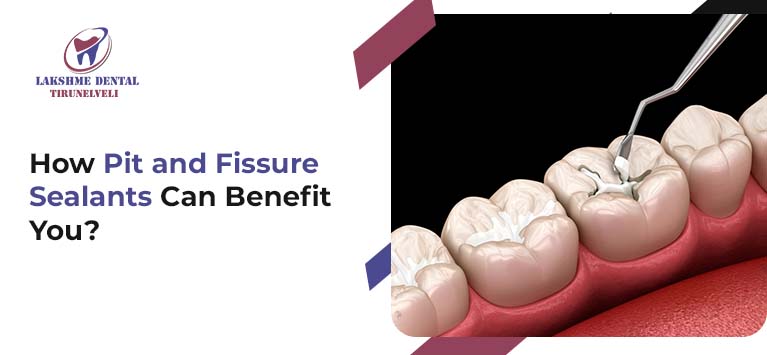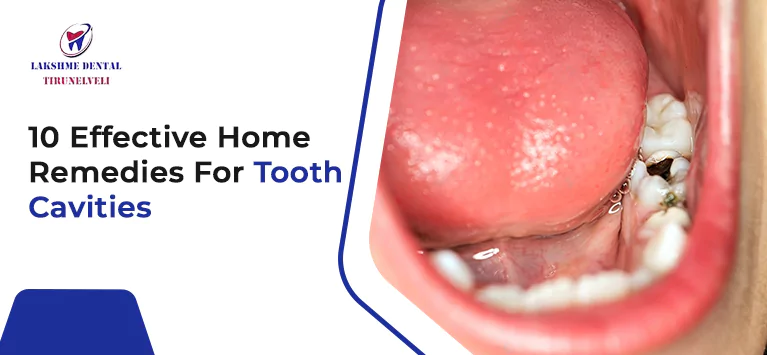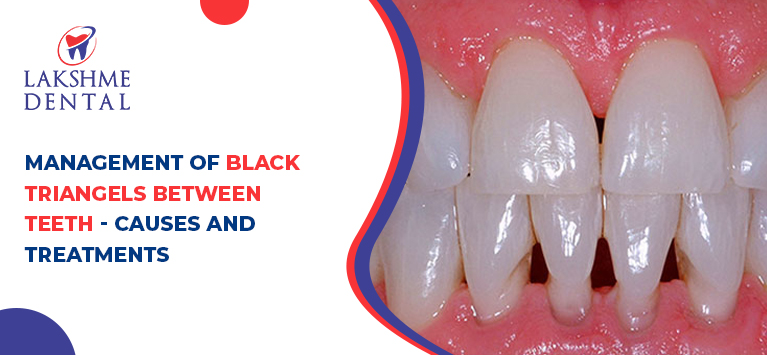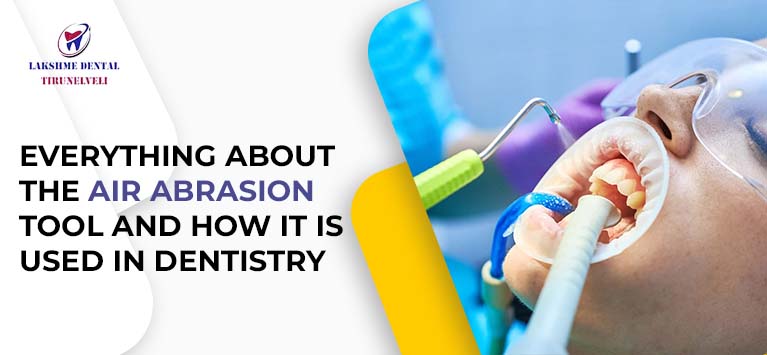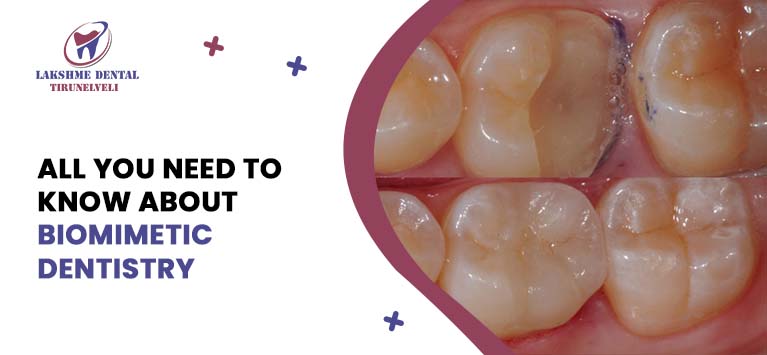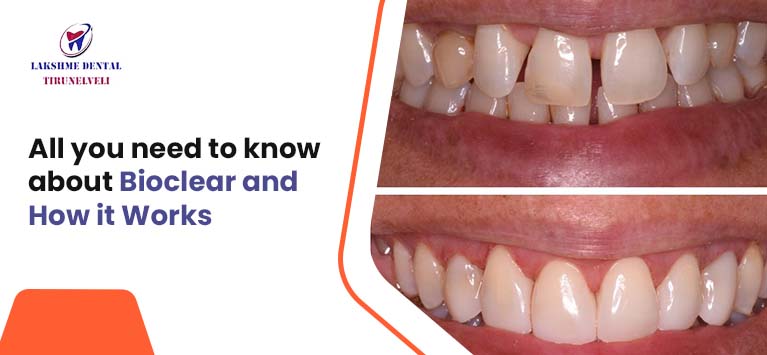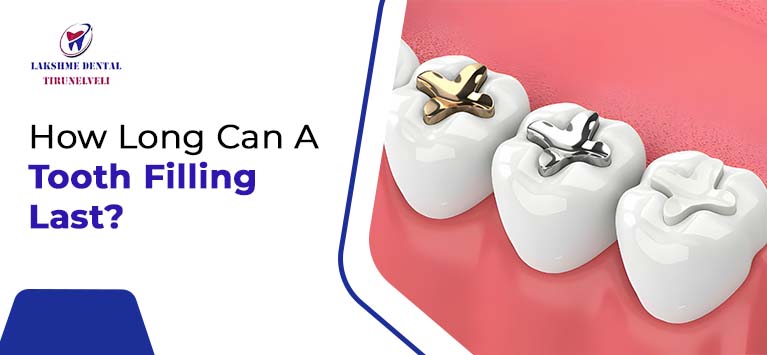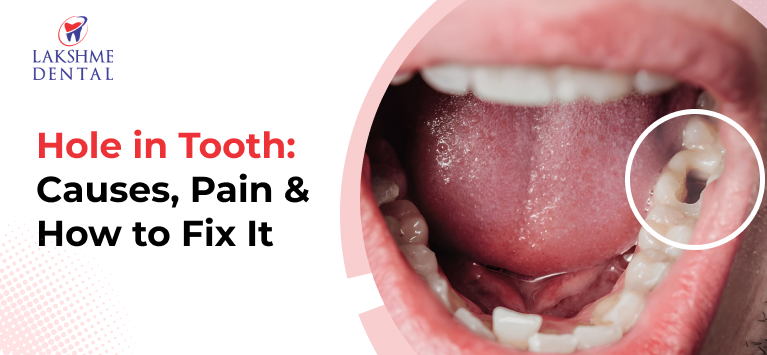
Hole in Tooth: Causes, Pain & How to Fix It
Key Facts
- A hole in a tooth never heals on its own.
- Tooth pain usually means decay has reached the nerve.
- Fillings and crowns can restore damaged teeth effectively.
- Clove oil and saltwater rinses offer only temporary relief.
- Regular dental visits prevent most cavities from worsening.
If you’ve just noticed a hole in your tooth, you’re not alone. Cavities are one of the most common dental problems worldwide. A hole or cavity develops when tooth enamel (the hard outer layer) gets damaged due to acid-producing bacteria in your mouth. These bacteria feed on leftover sugars and starches, releasing acids that slowly erode the enamel, forming a small pit or hole.
Over time, this tiny cavity can grow deeper reaching the dentin and eventually the pulp causing pain, sensitivity, and infection.
What causes a hole in the tooth?
Several factors can lead to the formation of a hole or cavity in your tooth:
- Poor oral hygiene: Failing to brush and floss regularly leads to plaque buildup.
- High sugar diet: Frequent snacking or drinking sugary beverages feeds bacteria that cause decay.
- Dry mouth (Xerostomia): Reduced saliva flow means less natural cleansing of the teeth.
- Acidic foods and drinks: Regular consumption of citrus juices or sodas erodes enamel.
- Gum recession: Exposes the root surface, which is softer and more prone to decay.
Even a small hole in a tooth can worsen quickly if ignored.
Does a hole in the tooth always cause pain?
Not necessarily.
- A small cavity may cause no pain at all.
- As it progresses, you might notice sensitivity to sweets, heat, or cold.
- A large hole or deep cavity can trigger severe, throbbing pain, especially if it reaches the nerve.
If you have a hole in your tooth but no pain, that doesn’t mean it’s harmless, the decay is still active beneath the surface.
What if I have a hole in my tooth and it hurts?
Pain usually means the decay has reached the inner layers of your tooth where the nerves and blood vessels are.
Common symptoms include:
- Sharp pain when biting or chewing
- Lingering sensitivity to hot or cold
- Swelling in the gums near the affected tooth
- A visible black or brown hole in the tooth
This is a sign that professional dental care is urgently needed.
Can a hole in a tooth heal on its own?
No. Once a hole has formed, tooth enamel cannot regenerate naturally. You can prevent further decay through good oral hygiene, but the existing cavity must be treated by a dentist.
Ignoring it may lead to:
- Infection or abscess
- Tooth fracture
- Spread of decay to neighboring teeth
- Potential tooth loss
How do dentists fix a hole in the tooth?
Treatment depends on the size and severity of the cavity.
1. Dental Filling
For small to medium holes, your dentist removes the decayed part and fills it with a tooth-colored composite or amalgam. This restores both appearance and strength.
2. Dental Crown
If the cavity is large or weakens the tooth, a crown (cap) may be placed to protect the remaining structure.
3. Root Canal Treatment
If the decay has reached the pulp, the infected tissue is removed, and the tooth is sealed, preserving it from extraction.
4. Tooth Extraction
In severe cases, where the tooth cannot be saved, extraction followed by a dental implant or bridge is recommended.
Home Remedies: Temporary Relief for Tooth Hole Pain
While home remedies cannot cure a hole in your tooth, they can ease discomfort until you visit a dentist.
- Saltwater rinse: Reduces bacteria and inflammation.
- Clove oil: Acts as a natural numbing agent.
- Cold compress: Helps reduce swelling and pain.
- Avoid sugary or acidic foods to prevent worsening of the decay.
Remember these are only temporary measures, not treatments.
How to prevent holes in teeth?
- Brush twice daily with fluoride toothpaste.
- Floss regularly to remove plaque between teeth.
- Limit sugary snacks and drinks.
- Visit your dentist every six months for check-ups.
- Drink plenty of water, especially if you have a dry mouth.
Good habits today prevent painful treatments tomorrow.
Conclusion
A hole in your tooth is a sign of active decay and even if it doesn’t hurt now, it’s silently progressing. Whether it’s a small pit, a deep cavity, or a hole in the back molar, timely dental treatment can save your tooth and prevent severe complications.If you’re noticing pain, sensitivity, or visible dark spots, don’t wait. Schedule a consultation with our dentist to restore your oral health and comfort before the problem worsens.
Frequently Asked Questions
Yes. Depending on the damage, a dentist may restore it using a filling, bonding, veneer, or crown. In deep fractures, root canal treatment might be needed.
Even if there’s no pain, you should still see a dentist. Small cavities can grow and reach the nerve without symptoms at first.
No. DIY fillings or temporary pastes can trap bacteria and worsen the decay. Only a dental professional can properly clean and seal the cavity.
Delaying treatment increases the risk of infection and pain. Early dental intervention is always best to avoid complex procedures later.
Yes, a hole or opening in the gum could indicate an abscess or gum infection and needs immediate evaluation by a dentist.
Answer not available

